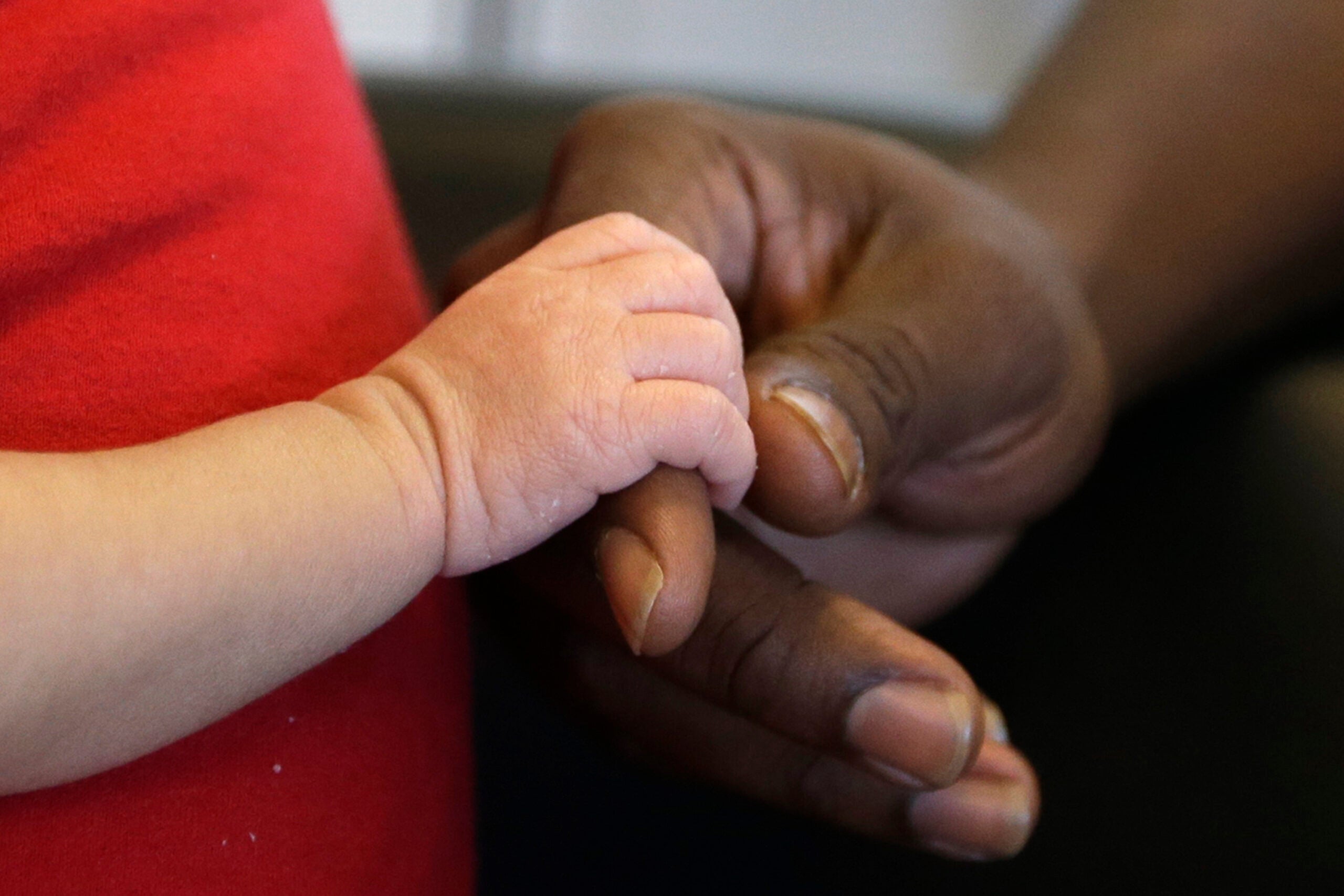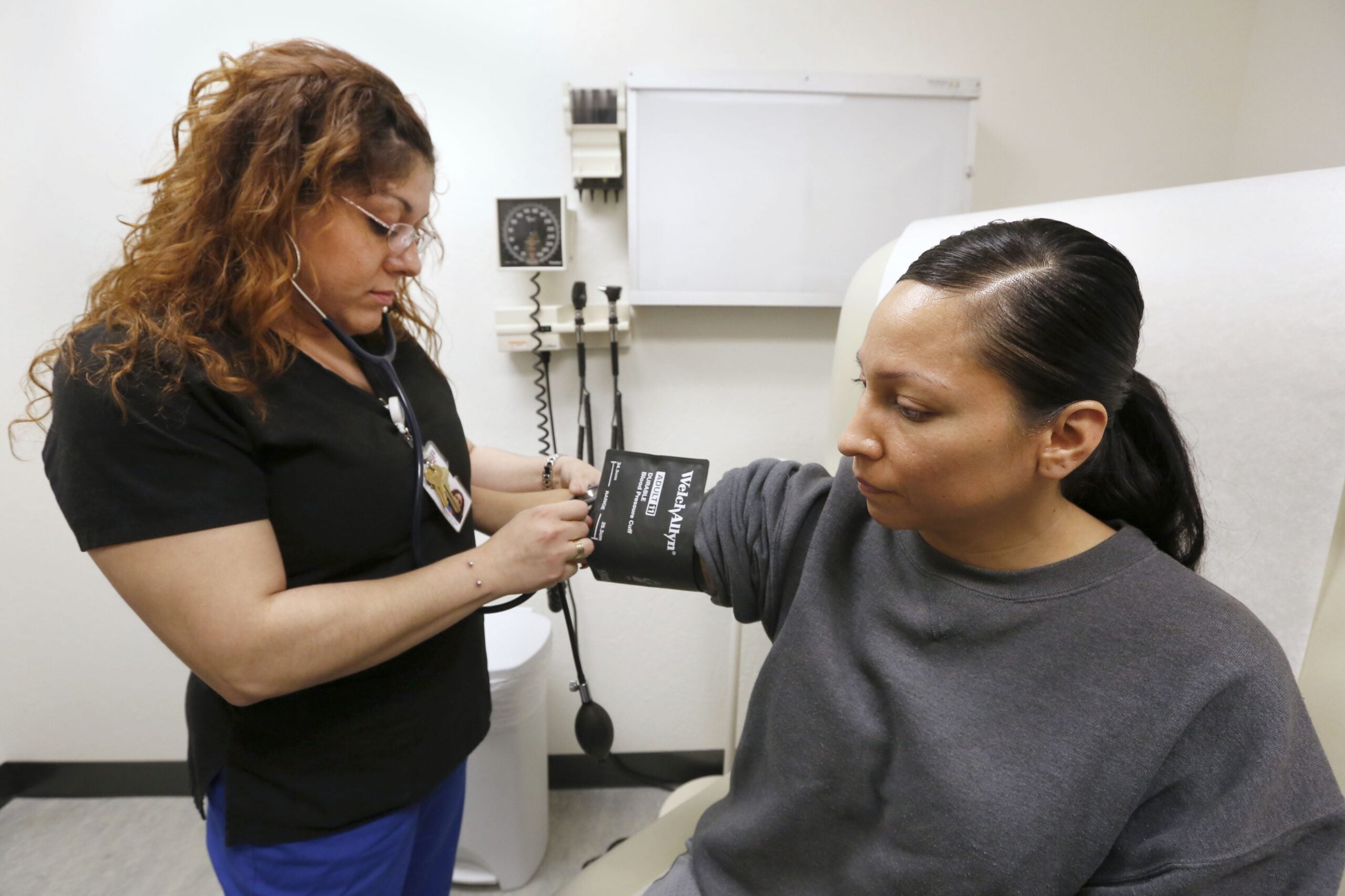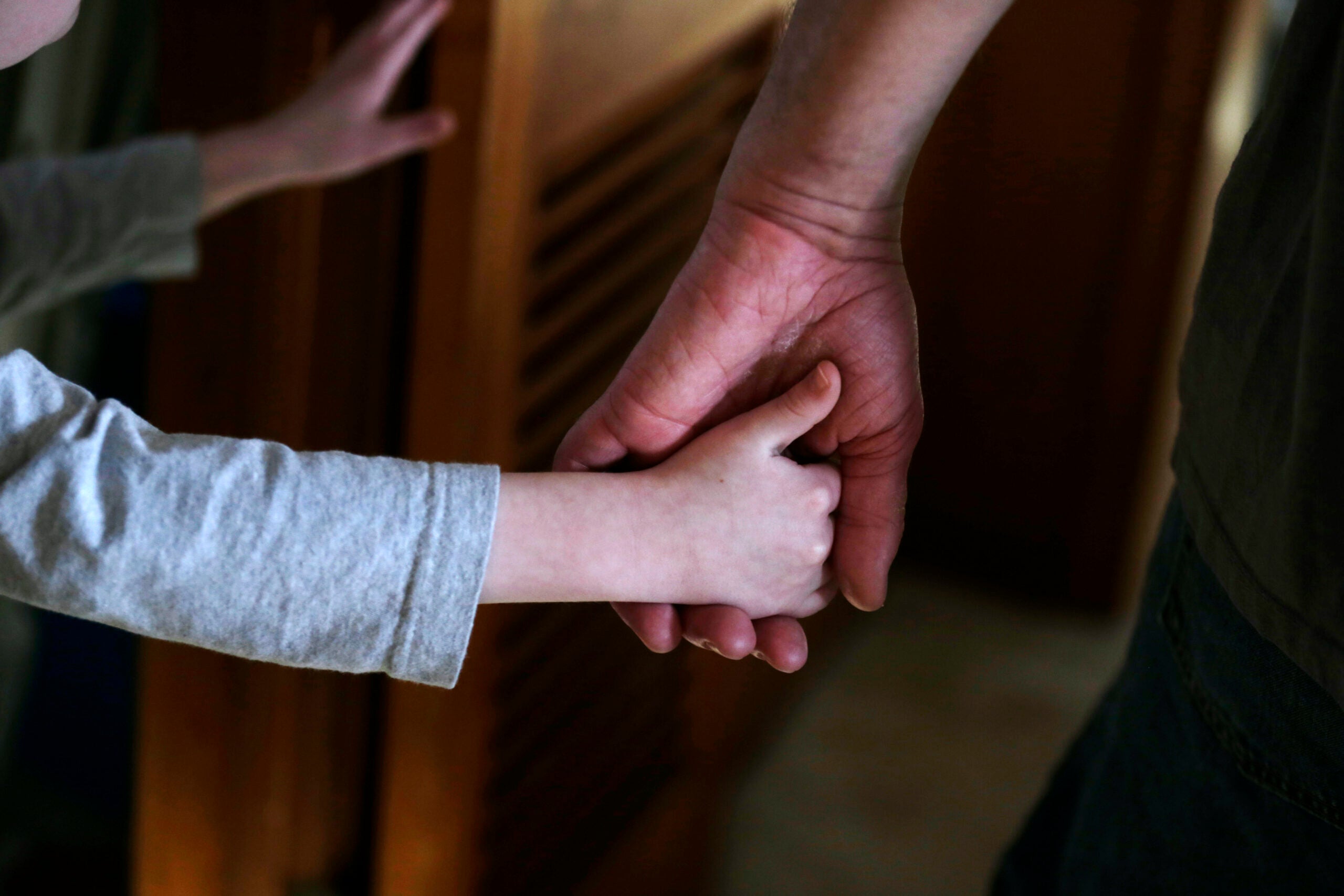When Sierra Lyle was in nursing school, she didn’t see pictures of people who looked like her in her textbooks. As an African-American woman, she was hurt. She thought becoming a community-based doula would give her a chance to serve people who shared her identity.
“Having somebody who’s on our side, who’s educated in childbirth and health care, and someone who’s out to get the best result for our community,” Lyle said.
Over the weekend, Lyle joined 16 other people of color celebrating their doula certification from the African American Breastfeeding Network. The goal of the certification course is to improve maternal and infant health before, during and after childbirth.
News with a little more humanity
WPR’s “Wisconsin Today” newsletter keeps you connected to the state you love without feeling overwhelmed. No paywall. No agenda. No corporate filter.
A doula is a trained professional who offers non-clinical emotional, physical and informational support to birthing people. According to a study by the U.S. Department of Health and Human Services, working with a doula can contribute to improved maternal and infant outcomes. It can reduce stress, anxiety and pain, and promote self-efficacy and confidence.
The African American Breastfeeding Network started its training program in 2020. Dalvery Blackwell, the executive director of the network, said she chose the community-based model because doulas who live in the communities they serve build trust.
“They understand some of the social determinants of health and barriers. And they also can see firsthand how Black and brown people are harmed in our medical system. And many of them have had their own experiences themselves,” Blackwell said.
Since 2016, the infant mortality rate in Wisconsin has been higher than the national average.
Provisional data from 2019-21 showed babies in Dane County born to Black mothers are twice as likely to be born at a low birth weight compared to babies born to white mothers.
The City of Milwaukee Health Department reports at the county level, the percentage of infant mortality, preterm births and infants born with low birthweight all increased between 2015 and 2020. The population most affected in all three areas was non-Hispanic Black people.
Bernadette Graves has also completed the certification course. She wants to focus on postpartum care. Her daughter was born prematurely, and while the doctors seemed to care for her daughter, she felt like an afterthought.
“I didn’t have anyone saying, ‘How are you really doing?’ It was more of, ‘How’s the baby?’” Graves said.
So far this year, Blackwell said she has received 400 requests at the African American Breasting Network for doulas from women who are “terrified” of giving birth in a hospital.
“They themselves have heard of the harm that’s done and the disrespect that often happens. And unfortunately, some babies and moms do not even make it out of the hospital,” Blackwell said.
History of racism in health care takes a toll on women of color
According to the Centers for Disease Control and Prevention, infants of Black non-Hispanic women had a mortality rate of 10.55 percent in 2021, the highest of other racial groups studied.
Blackwell’s team has not been able to fulfill all of those requests due to limited funding. Last year, her team helped 130 families. A majority opted to give birth at hospitals with the help of a doula and some had in-home births. They are on track to meet that number again this year.
Kate Gillespie is a clinical assistant professor at UW-Madison School of Nursing with a background in maternal and child health and public health nursing. She said the American health care system has been “historically racist in nature.” When White women voice concerns, they are taken seriously, but women of color are dismissed, she said.
“The woman of color is probably going to have to say that multiple times and louder and louder and louder, and have more people advocate for them,” Gillespie said. “The way that people of color might describe pain is predominantly overlooked.”
Wisconsin Medicaid does not cover the cost of doulas. Blackwell said she wants to see that change.
“I know that the services are priceless because I had a doula. So I know what they do and I know the services they provide do make a difference. But there definitely needs to be reimbursed equitably,” Blackwell said.
Gillespie said the health care system prioritizes profits over wellbeing.
“It has to be about caring about the outcome first, and I can’t tell anymore how much we care,” she said. “It’s destroying us.”
Wisconsin Public Radio, © Copyright 2026, Board of Regents of the University of Wisconsin System and Wisconsin Educational Communications Board.




